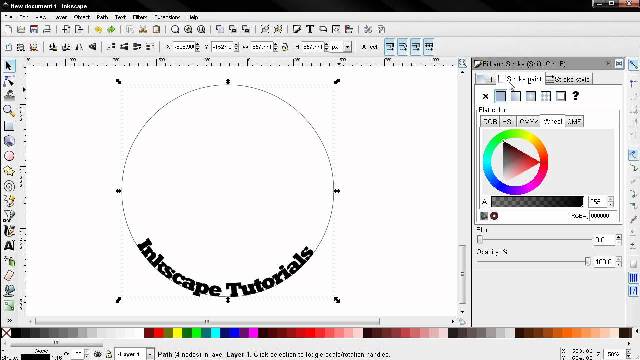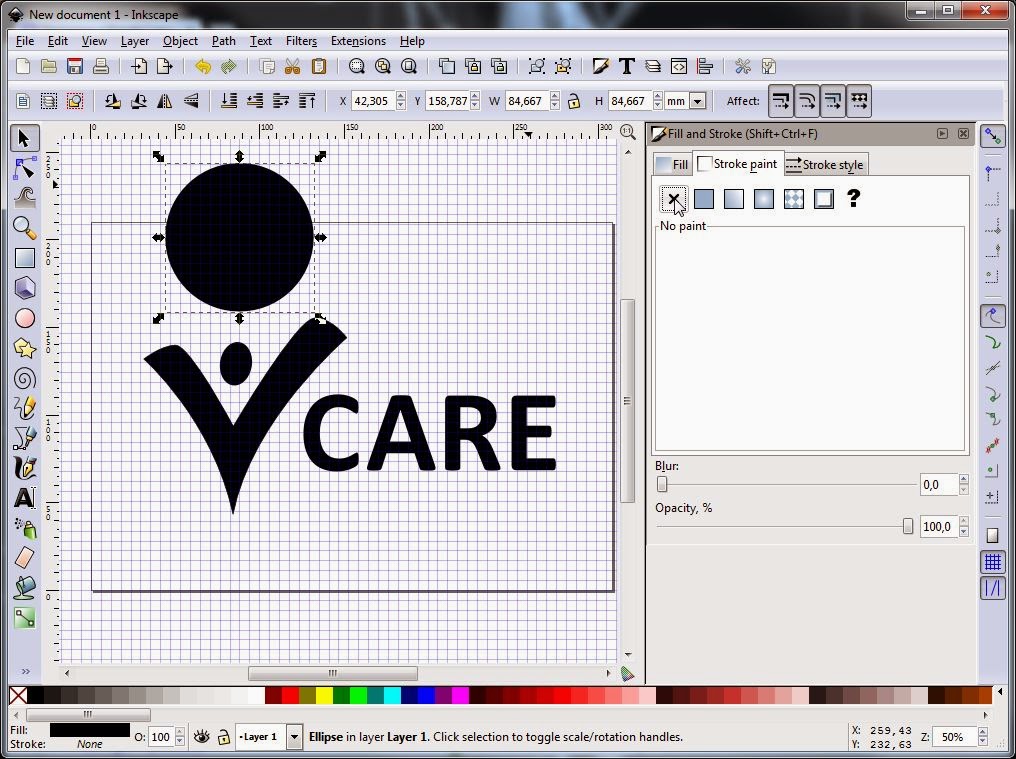

Reset: I didn’t circle this button, but it does serve some purpose.

Remove: The Remove basically removes or deletes the clones you’ve generated.

If you still have your original object selected, you can still make tweaks to your Scale settings, and click the Create button to apply them. Create: Click this button to create your new set of clones.When the Cumulate box is checked you’ll see visually extreme transformations that sometimes end up piling on top of each other. Cumulate: These check boxes cumulate the transformation per row or column.

But either check box alternates back and forth the transformation of your clones per row or per column.
Alternate: I mistakenly believed this didn’t actually do anything. (You can also use the Width, height option for duplicating your clones, but this option is base on the literal width and height of the area you plan to give your clones.) I personally prefer using this set of options due to the direct control you can have over the number of clones you can generate. Rows, columns: These two text fields allow us to create how many clones per row and/or per column. (We’ll go further into these in a little while.) The number fields under the Randomize header literally scales your clones randomly by a specific percentage. These number fields manipulate the scale of your clones by percentage. Scale X and Scale Y: There are actually six number fields that are under these two options, but we’ll focus on the ones under the Per row and Per columns headers. Let’s go over what’s inside the Scale tab: We also briefly covered what clones are in Inkscape. Last time, we learned how to step and repeat objects with the Shift tab. It’s a mighty window with a ton of options built into it. This is the second in a series of articles covering Inkscape’s Create Tiled Clones window.








 0 kommentar(er)
0 kommentar(er)
